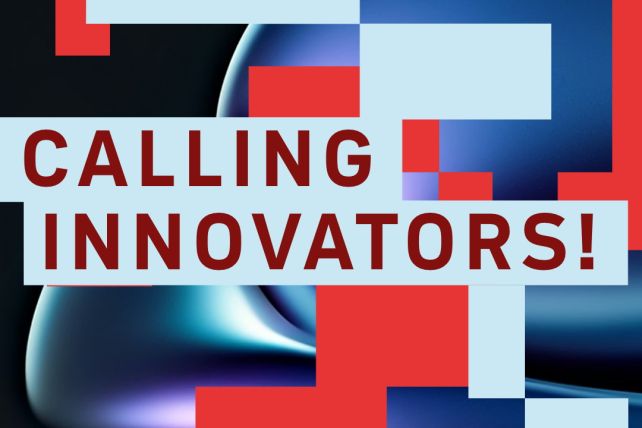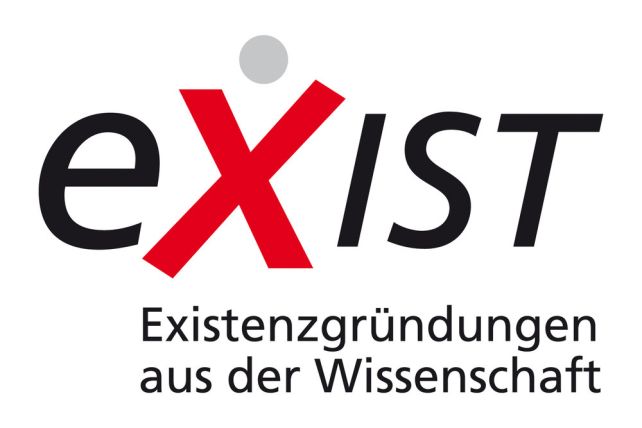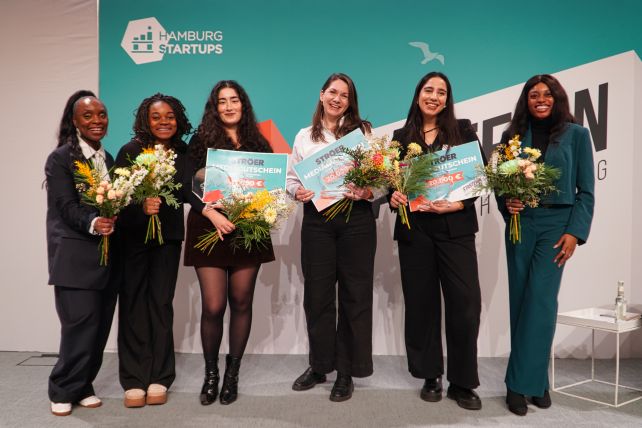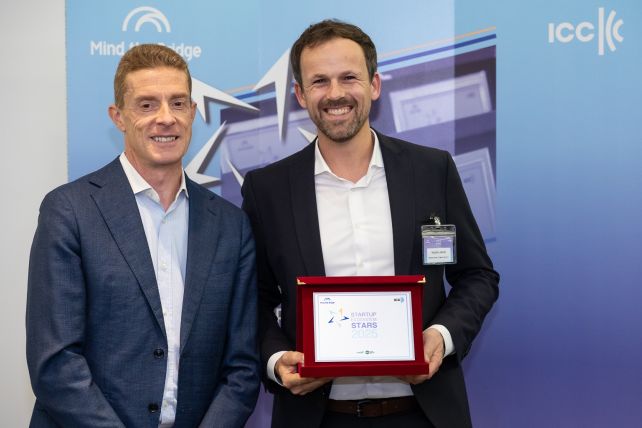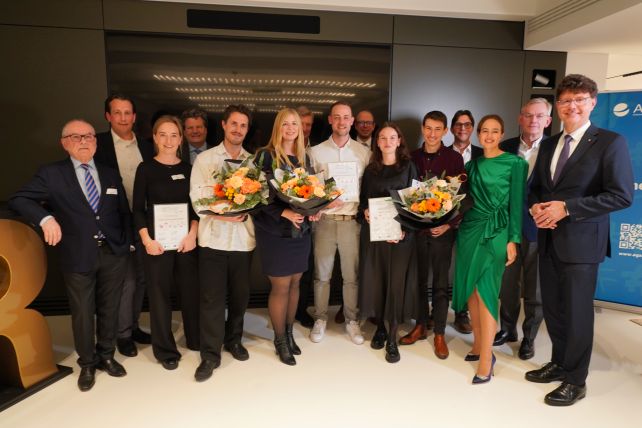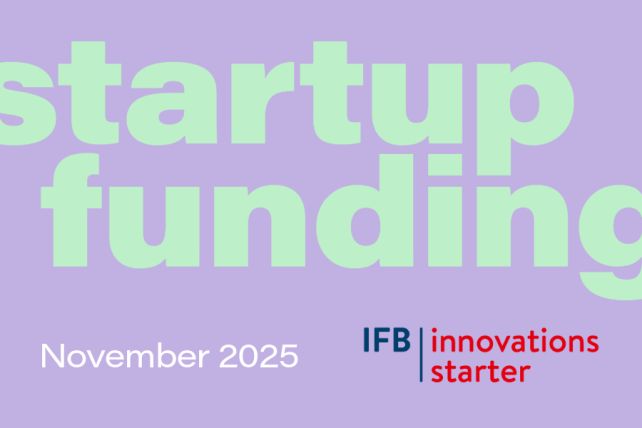The most important results from the German Startup Monitor 2022
This year, the German Startup Association already published the tenth edition of the German Startup Monitor. Almost 2000 startups took part in the survey, which together employ almost 35,000 people. We summarize the most important results of the study here.
In view of the current economic and political turbulence, uncertainty among startups has increased significantly. The business climate is cooling noticeably but is significantly more positive compared to the Corona year 2020 and even more optimistic regarding the overall economy. However, the survey period must be considered here - in May and June 2022, for example, the issue of energy supply was not yet so acute.
The proportion of female founders continues to rise this year and now stands at 20 percent. The issue of work-life balance still plays an important role. While 61 percent of male founders say they are satisfied with the work-life balance, only 51 percent of female founders are satisfied. The situation is similar at the employee level: although the proportion of women is significantly higher at 37 percent, it is still below the figure for the working population. On the other hand, the teams are becoming increasingly international: currently, 28 percent of employees in German startups come from abroad.

Startups combine sustainability, innovation and growth
46 percent of the startups surveyed want to make a targeted contribution to environmental protection and resource conservation and see themselves as part of the green economy. In doing so, they combine ecological sustainability and growth: 61 percent pursue both goals as an important part of their corporate strategy, thus bringing the ecological transformation to the broader business community. Startups also play a pioneering role in the use of digital technologies: For 45 percent, the use of artificial intelligence plays an important role - which means it is gaining in importance. Other relevant topics are Industry 4.0 (33 percent) and the Internet of Things (31 percent).
Since 2020, the proportion of startups in collaborative projects with established industry has fallen by almost nine percentage points. Since this cooperation creates great synergies, for example in the digitization of industry, the negative trend should be the impetus for new initiatives to strengthen collaborations. The study results make it clear that it is worthwhile: 75 percent rate collaboration with established companies positively. Investments by established companies in startups also play an important role - to date, 30 percent of VC-funded startups have benefited from corporate venture capital (CVC). Just under half of the startups with a VC preference express a desire for CVC, which shows that there is still enormous potential to be leveraged at the interface between startups and established business.
With an average of 18 employees, the startup ecosystem is proving robust overall - 9 planned new hires per startup also make it clear that young companies want to grow even under the current conditions. In this context, the shortage of skilled workers is also intensifying enormously among startups for the second year in a row, and finding suitable personnel is now a key challenge for 35 percent of startups. As a strategy against the shortage of skilled workers, 92 percent of startups with more than 25 employees are demanding more attractive regulations for employee shareholdings from the legislator.

Capital requirements remain high - state subsidies important in early phase
Good financing conditions are crucial for startup growth: 68 percent of those surveyed have external capital requirements in the next twelve months - on average, this amounts to 3.1 million euros. After state subsidies, which are particularly relevant in the early phase, the founders prefer financing from business angels (46 percent), venture capital (44 percent) and strategic investors (43 percent) - but there is still a significant gap between venture capital and realized investments (19 percent).
Investors also deliver added value beyond the capital: The vast majority of founders rate their experience of working with VCs (77 percent) and business angels (82 percent) positively. Business angels with startup experience play an important role in startup hotspots in particular: 14 percent of the founders surveyed are already active as business angels themselves - serial founders even more frequently.
90 percent see the most important lever for strengthening Germany as a startup location in the acceleration and simplification of administrative processes - an international comparison in particular shows that Germany needs to catch up. The startups also see potential in the area of public procurement: While only 15 percent have been able to win government contracts for themselves, 76 percent are calling for procurement to be made more accessible to startups. For larger and faster-growing startups with more than 25 employees, the issue of employee participation has moved to the top of the priority list: 92 percent are calling for better framework conditions to allow employees to share in the company's financial success.
All results relate to the startup ecosystem across Germany. In the coming weeks, there will also be an evaluation specifically for Hamburg, which we will then report on. The whole German Startup Monitor you can download here.

